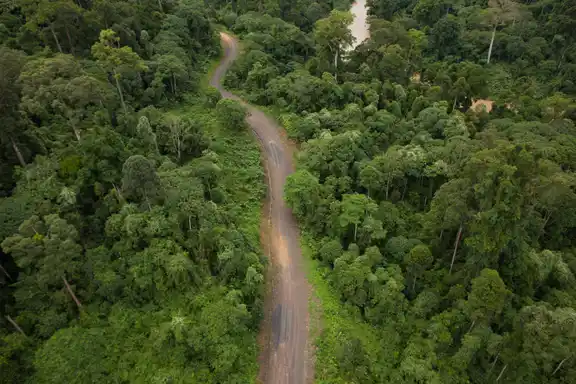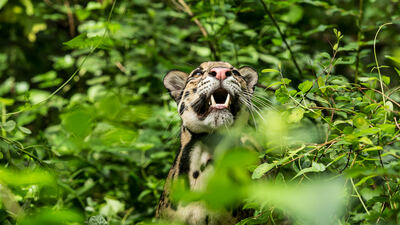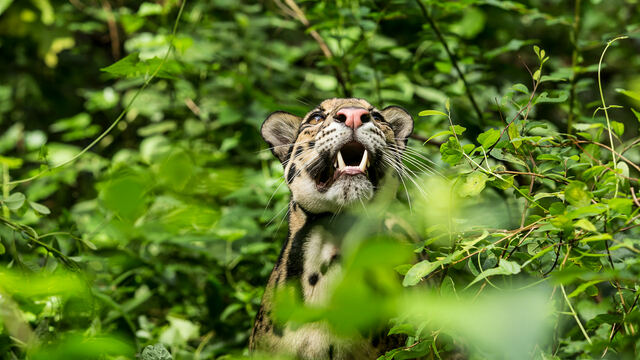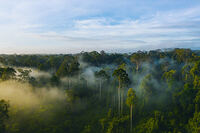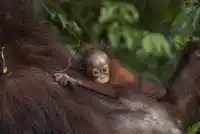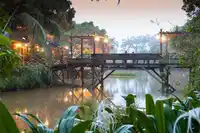How can we change local attitudes towards nature?
Understanding; people need to understand what nature is, how nature functions, and why is nature so importance to their livelihood through education. People also need to know that we only have one nature – the Mother Earth - and there is no alternative at this moment. If we destroy nature, none of us can survive.
Understanding is the most effective approach to human-wildlife co-existence and conflict. Local people need to understand why conflicts occur, what went wrong, and how to solve the problem. Without understanding, it is very difficult to solve the problem and co-exist together.
What have been the biggest conservation success stories that you have seen during your career?
I think is the establishment of the Bornean Sun Bear Conservation Centre (BSBCC). I see BSBCC as the hub and a catalyst to overcoming sun bear conservation issues while at the same time providing a platform to nurture and inspire more people to do the same to conserve the sun bears. It brings people closer to nature and helps them understand more about the need of the sun bear and other wildlife in the forest. Without BSBCC, many captive sun bears would still live in small cages without hope; without BSBCC many people in the world still do not know there is a bear species called the sun bear. Without BSBCC, the future of the sun bear is bleak.
Can we as members of the public do anything that genuinely helps preserve the natural world?
Yes, there are many things people can do to help preserve the nature world. I always tell people to “do what you do best” to help sun bears. Same here, anyone can do what they do best to help the natural world. We first start small, do what we are capable of, and slowly expend the horizon and the scope base on our capability. We need to use our creativity and imagination to figure out ways that can help the natural world. For me, I do my small part to conserve sun bears. Other can do the same too.
What has been your best natural world experience to date?
I think having the opportunity to study wild sun bears in the lowland rainforest of Borneo in 1998 has been my best natural world experience to date. I got to experience the pristine rainforest and to see how the sun bear and other wildlife live in the forest. It has been an amazing experience. I've used the knowledge from the study to help protect and conserve sun bears and their habitat. This experience simply connected me deep into my soul to the natural world and it developed into an inseparable relationship thereafter. The feeling is absolutely wonderful!
Who is your own personal Natural World Hero and why?
George Schaller is my own personal Natural World Hero. He is what I called the real “Animal Expert” who is the world’s prominent field biologist, studying many wildlife species in Africa, Asia, and South America. He has been spending most of his lifetime in harsh environments in wildlife habitats to study and understand the natural histories of many magnificent mammals in the world. The information he gathered through his studies has inspired more field biologists and improved wildlife management policies.
What is your dream natural world destination that you haven’t visited yet but would like to?
Africa is my dream natural world destination. I would like to see with my own eyes all the mega fauna that I used to see on TV and in zoos in real life, and in their natural habitat. I am very familiar with these animals through wildlife documentaries but have never before experienced being with this wildlife in their native habitat.
What natural world insight would you like to leave us with?
Do what you do best to help the natural world! There is always a room for you to do something significant for a brighter future.

